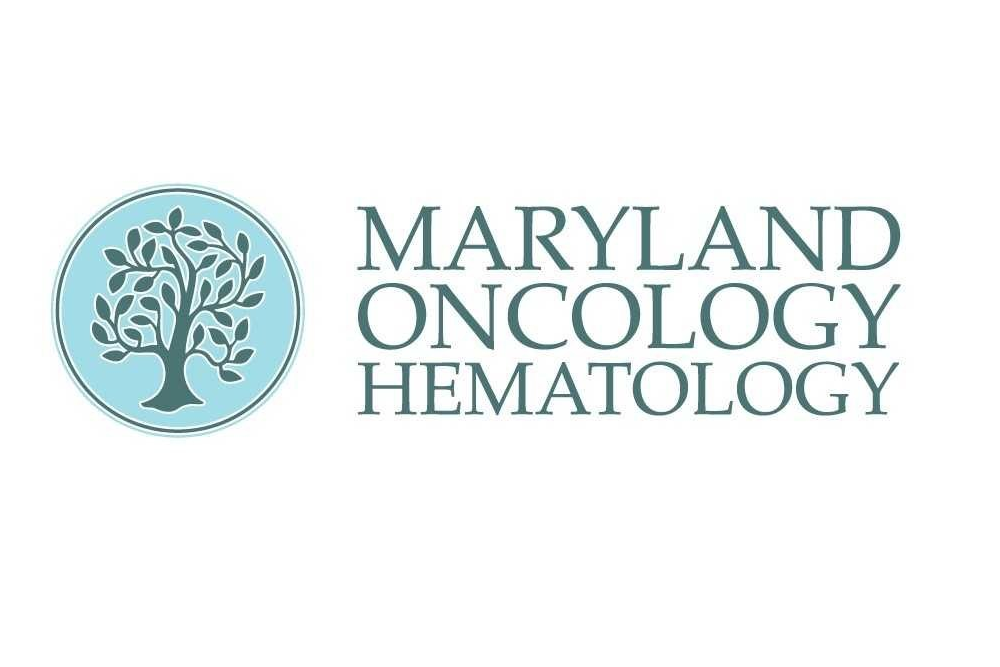
Maryland Oncology Hematology (MOH) at the Aquilino Cancer Center today announces promising topline data from its open-label study of psilocybin therapy to treat depression in cancer patients. The study, an exploratory trial to test the safety and feasibility of simultaneous administration of COMP360 psilocybin to a small group of patients combined with one-on-one psychological support, found that 50% of participants achieved remission in depression symptoms after a single administration of psilocybin therapy.
More than 17 million people in the U.S. live with cancer and up to one in four of them suffer from major depression. Unfortunately, many cancer patients are not receiving adequate treatment for their mental health, which significantly impacts their quality of life.
"Research on cancer traditionally focuses on treatments for the physical impacts of the cancer, ignoring the devastating impact that cancer has on a patient's mental wellbeing. These new promising findings for psilocybin are a huge milestone towards improving the quality of life for cancer patients who suffer from depression," said Manish Agrawal, MD, medical oncologist and clinical director at the Aquilino Cancer Center, and the trial's principal investigator. "While it's premature to draw any definitive conclusions from this feasibility study, simultaneous administration of psilocybin therapy appears to be well-tolerated and promising in treating major depressive disorder for cancer—bringing us one step closer to transforming cancer care."
The investigator-initiated feasibility study, conducted by MOH at the Aquilino Cancer Center in Rockville, Md., enrolled 30 people with a cancer diagnosis and major depressive disorder. A 25mg dose of COMP360, a synthetic psilocybin formulation, was administered to two to four patients simultaneously. Each patient also received one-on-one support from specially trained therapists throughout their six to eight-hour experience. Patients were then followed for eight weeks to measure the changes in depression symptoms. The simultaneous group administration of psilocybin in a cancer center was pioneered by the team at the Aquilino Cancer Center—allowing the research team to test the value of group support for cancer patients as well as the potential for increased scalability in providing psilocybin therapy in real world settings.
While half of the participants were treated with antidepressants for depression and some were receiving active treatment for cancer, the majority of patients (19) had no previous experience with psychedelics. Patients were assessed using the Montgomery-Åsberg Depression Rating Scale (MADRS), a clinician-administered, symptom questionnaire scoring the severity of depression from 0 (depressive symptoms absent) to 60 (severe depression). The 30 patients in the study began with an average MADRS score of 25.9, representing moderate depression. After psilocybin therapy the score dropped by an average of 19.1 points. A sustained response rate (a decrease of ≥50% in the MADRS score from baseline fulfilled at any visit up to and including week three, and also fulfilled at week eight) was seen by 24 patients. Fifteen patients showed remission of depression symptoms (a MADRS score <10) one week after a single dose of psilocybin, which was sustained up to eight weeks. Given this was an open-label study in which neither patients nor raters were blinded, it is important to note that there is a significant risk that the results incorporate a large expectancy bias.
"Cancer can ravage a patient's entire life. In addition to attacking the body, cancer also impacts a patient's mental and emotional wellbeing. It's time we practice whole-person healing in oncology, which means meeting all the needs of our patients, both physical and psychological," said Paul Thambi, MD, an investigator on the trial and a medical oncologist with Maryland Oncology Hematology. "With these new findings on psilocybin, we are helping to expand the treatment options for the psychological impact of cancer that many patients face."
The study, which took less than nine months to complete (as compared to previous similar trials that have taken over three years) was sponsored by COMPASS Pathways, a mental health care company and developer of the COMP360 psilocybin therapy. The psilocybin therapy was administered at the newly built Bill Richards Centerfor Healing at the Aquilino Cancer Center, which was specifically designed for administration of psilocybin therapy, allowing patients to receive a whole-person healing approach at a central location.
About Maryland Oncology Hematology and the Aquilino Cancer Center
Maryland Oncology Hematology is the largest independent cancer physician practice in Maryland, with more than 30 doctors in nine locations. Its Rockville location is part of the Aquilino Cancer Center, a state-of-the-art outpatient community cancer center promoting physical, mental and spiritual healing for people at all stages of their cancer journey, and the first freestanding community cancer center in Montgomery County, Maryland. The Aquilino Cancer Center is a part of the Adventist HealthCare Shady Grove Medical Center campus and offers personalized, coordinated cancer care to patients and their loved ones under one roof in a unique healing environment.